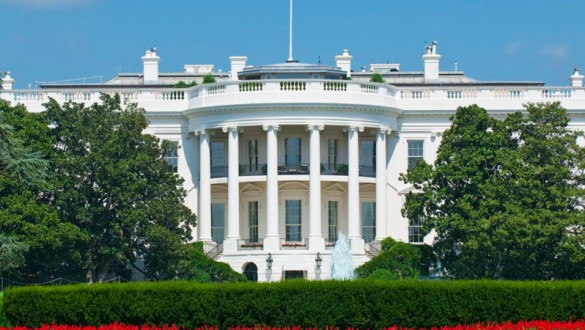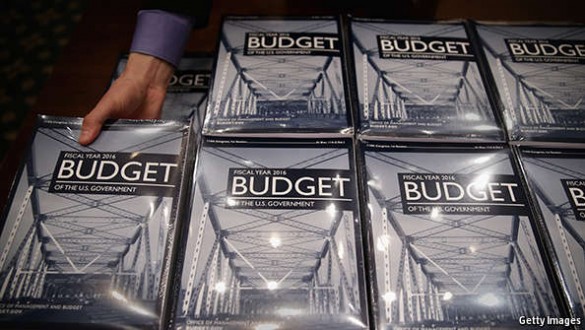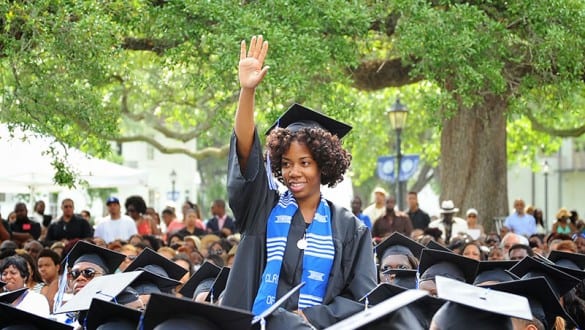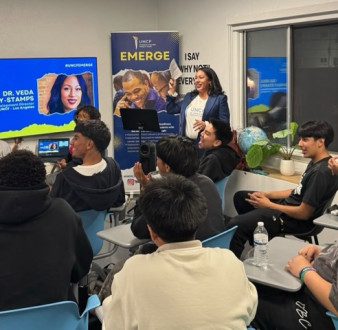Public Policy and Government Affairs
“Democracy is never a final achievement. It is a call to an untiring effort.”
—John F. Kennedy
UNCF’s Public Policy and Government Affairs work is centered on one simple yet powerful commitment: To invest in better futures for our young people by making sure that the needs of students of color and the colleges and universities they attend top the agenda whenever policymakers set education priorities.
Our efforts center on two key goals:
1) Ensuring lawmakers have the information they need to make smart, well-informed decisions about UNCF students and member HBCUs, and
2) Ensuring our stakeholders—like you—have the information and tools they need to make their voices heard.
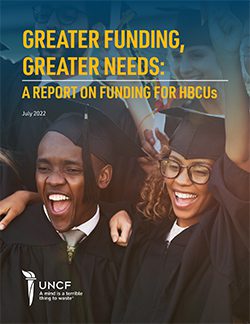 New Report: Greater Funding Greater Needs
New Report: Greater Funding Greater Needs
Elected representatives and private donors need to redouble their support for HBCUs. Greater Funding, Great Needs: A Report on Funding for HBCUs, the newest UNCF report reveals the influx from the past two years of federal government funding and private donations are not enough and do not begin to make up for decades of neglect. Visit UNCF.org/GreaterFunding for the full report.
Lodriguez Murray, senior vice president, public policy and government affairs at UNCF, explains the importance of the report.
Your voice is needed now to urge Congress to pass the IGNITE HBCU Excellence Act, which provides desperately needed repairs and renovations for HBCU campus buildings and research facilities across the United States.
Visit UNCF.org/HBCUIgnite for more information and to contact your members of Congress today!
 With so much at stake and so many issues at the forefront, it’s important to ask questions of every candidate or campaign about the things that matter to you and the HBCU community. The HBCU Issues Guide provides information for the HBCU community and its supporters on issues critical to protecting and uplifting our institutions and the students we serve.
With so much at stake and so many issues at the forefront, it’s important to ask questions of every candidate or campaign about the things that matter to you and the HBCU community. The HBCU Issues Guide provides information for the HBCU community and its supporters on issues critical to protecting and uplifting our institutions and the students we serve.
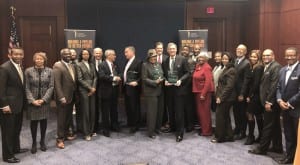
View the UNCF Congressional Honor Roll

HBCUs Matter and Boost Our Economy, HBCUs fuel economic progress and propel social mobility. We must invest in HBCUs to support opportunity, resilience and innovation for all of America.

